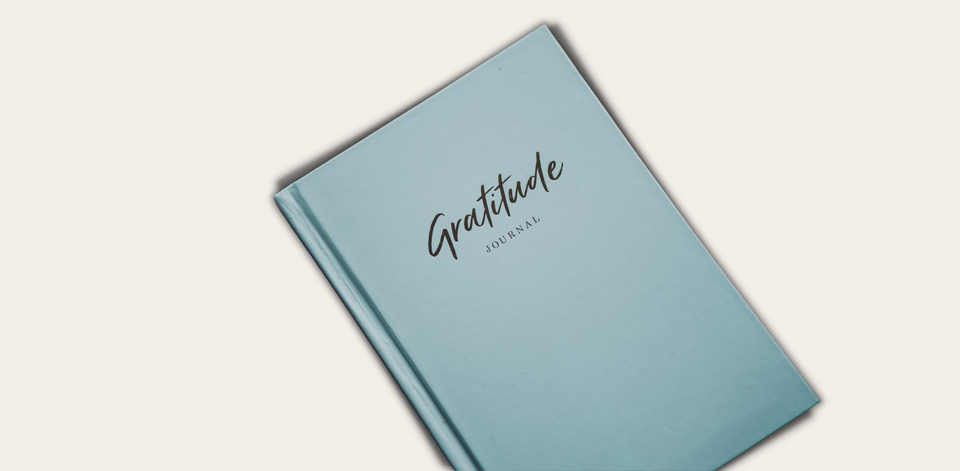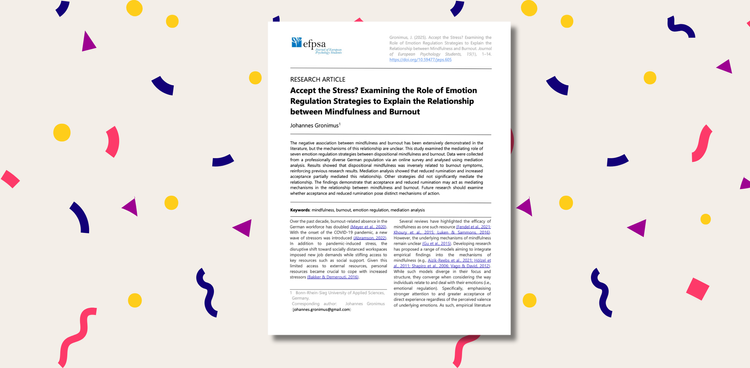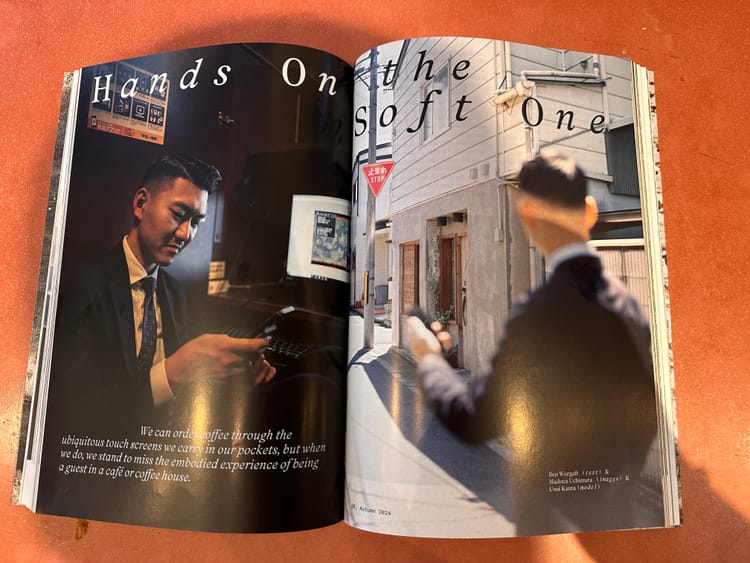Finding Enough

“You’re living a life you once dreamed of living. And you’re not even happy about it, because present you has told you that future you will be even happier. But this was the fucking dream, and look at you living it!”
I was set to go to Australia in 2020. We all know how well that went. So throughout the whole pandemic, I was dreaming of Australia. Living by the Ocean. Studying with Kangaroos. When I finally go, then I will be happy.
And don’t get me wrong - it’s everything I ever imagined. But seven months in, I find myself in a new routine with new goals. When I graduate in November, then I will be happy, right?
Wrong. Our brains are made to look for what’s wrong. It’s simple evolution: When you hear a rattle in the bushes, it’s better to falsely assume it’s a tiger 10 times, than falsely assume it’s a bird once and get eaten. Psychologists call this negativity bias².
Sprinkle in a little hedonic adaptation³, top it off with social comparison - et voilà: The perfect recipe for endless “When I finally, …”. The day when it all comes together seems just around the corner.
But the truth is: That day will never come. There is always something to look forward to. And that’s wonderful!
But living with one foot constantly in the future leaves you half-assing the present. And if the day where it is enough will never come in the future - maybe it’s already here - today?
This is the idea behind gratitude practice. Left to itself, the brain will look for what’s wrong - because what’s right doesn’t pose a threat to us. But you can tell your brain what to do. Just tell it “Bring me something that’s good in my life.” And it will. Because there is more than enough to bring.
And the beautiful thing about neuroplasticity is: The more you do this intentionally, the more it happens automatically. Neurons that fire together, wire together. So repeatedly firing the circuits that shift attention to our blessings has a lasting impact on our automatic attention mechanisms⁴.
The Yale Center for Emotional Intelligence will tell you they’ve found “dramatic and lasting positive effects in a person’s life”. Besides gratitude just being a great feeling in the moment, studies show increased well-being and reduced lifetime risk for depression and anxiety⁵. Plus: Becoming more prosocial, meaning we become better friends, colleagues, etc⁶.
Crucially, this doesn’t mean ending up in a fairytale world by ignoring “bad vibes” and “just being positive”. Trust your brain to still bring you a lot of what’s wrong, that’s just what it does best. But you counter negativity bias a little bit and tip the balance a little further towards reality - because, for most of us, reality isn’t that bad.
It also doesn't mean you can’t still aspire to more. I still do. But maybe just recognise that there’s nothing you have to run from. And growth from a place of contentment tends to be more sustainable than growth from a place of desperation.
So how does one practice? Very simple, very flexible. Here’s what I’ve found the most helpful over 4 years of practice.
- ☕️ Every time I have a coffee, I open my Notes App and write down one thing I’m grateful for. The time investment is literally 15 seconds, and it makes each coffee more enjoyable.
- ✍️ If you have a minute to spare, you can write down 3 things you’re grateful for in the morning. I'm 4 years in, still no day where there was nothing to write.
- 💌 For the super-committed, you can even write a gratitude letter to someone you appreciate and make their day. Just a hand-written letter thanking someone important for being awesome. The last time I did this, my mum called me crying tears of joy. Absolutely worth the 20 minutes.
Or do it in any other way you like. Just try it out.
Links
1 The Quote - heard this on a podcast, and it inspired me to write this post.
Steven Bartlett: Diary of a CEO, Episode 93 https://share.snipd.com/snip/b9afbbb7-c439-4551-a021-feeb3adf58db
2 A nice piece on how negativity bias ties into our biology:
Rozin, P & Royzman, EB 2001, ‘Negativity Bias, Negativity Dominance, and Contagion’, Personality and Social Psychology Review, Vol. 5, No. 4, pp. 296–320, DOI:10.1207/S15327957PSPR0504_2.
3 Cheeky: I already wrote something about this: https://www.linkedin.com/pulse/hedonic-adaptation-escaping-treadmill-johannes-gronimus/
4 Studies checking out the ways in which gratitude practice changes our neurological structures:
Kini, P, Wong, J, McInnis, S, Gabana, N, & Brown, JW 2016, ‘The effects of gratitude expression on neural activity’, NeuroImage, Vol. 128, pp. 1–10, DOI:10.1016/j.neuroimage.2015.12.040.
Kyeong, S, Kim, J, Kim, DJ, Kim, HE, & Kim, J-J 2017, ‘Effects of gratitude meditation on neural network functional connectivity and brain-heart coupling’, Scientific Reports, Vol. 7, No. 1, p. 5058, DOI:10.1038/s41598-017-05520-9.
5 A quick review of Gratitude Practice in the scientific context:
Emmons, RA & Stern, R 2013, ‘Gratitude as a Psychotherapeutic Intervention’, Journal of Clinical Psychology, Vol. 69, No. 8, pp. 846–855, DOI:10.1002/jclp.22020.
6 How Gratitude Practice affects our relationships with others:
Ma, LK, Tunney, RJ, & Ferguson, E 2017, ‘Does gratitude enhance prosociality?: A meta-analytic review’, Psychological Bulletin, Vol. 143, No. 6, pp. 601–635, DOI:10.1037/bul0000103.




Comments ()